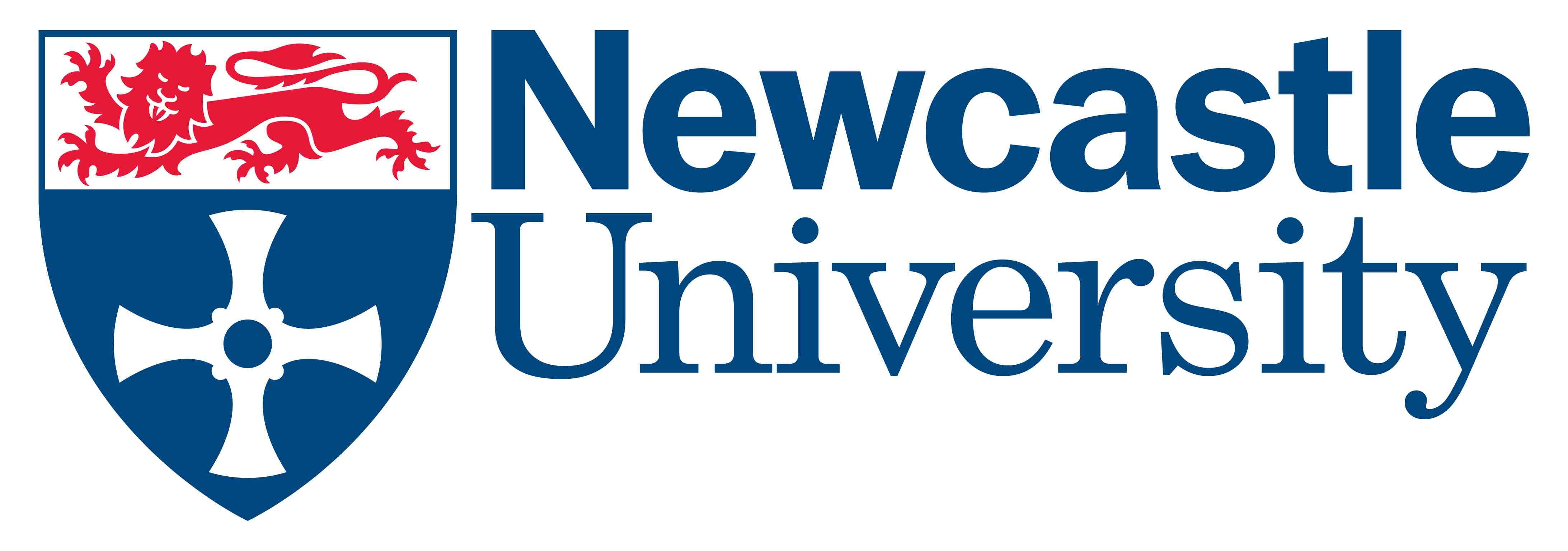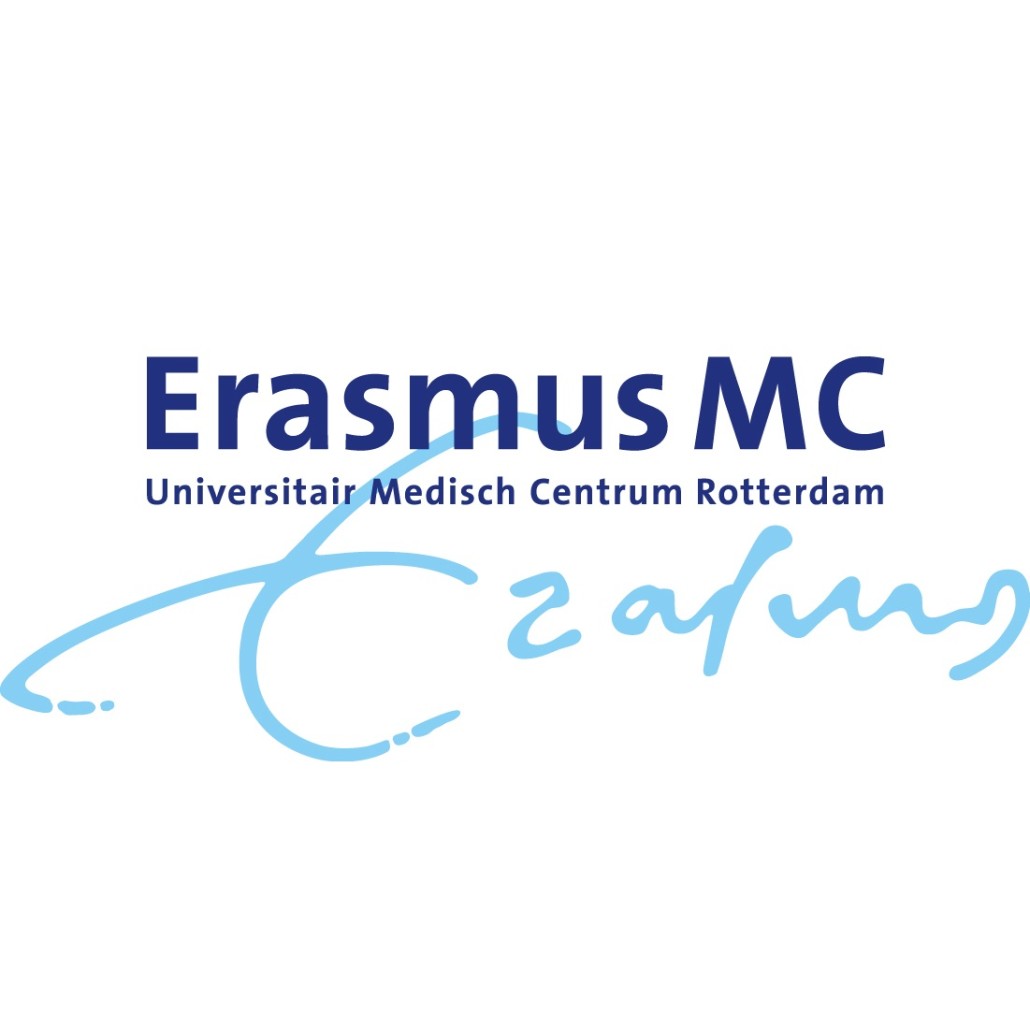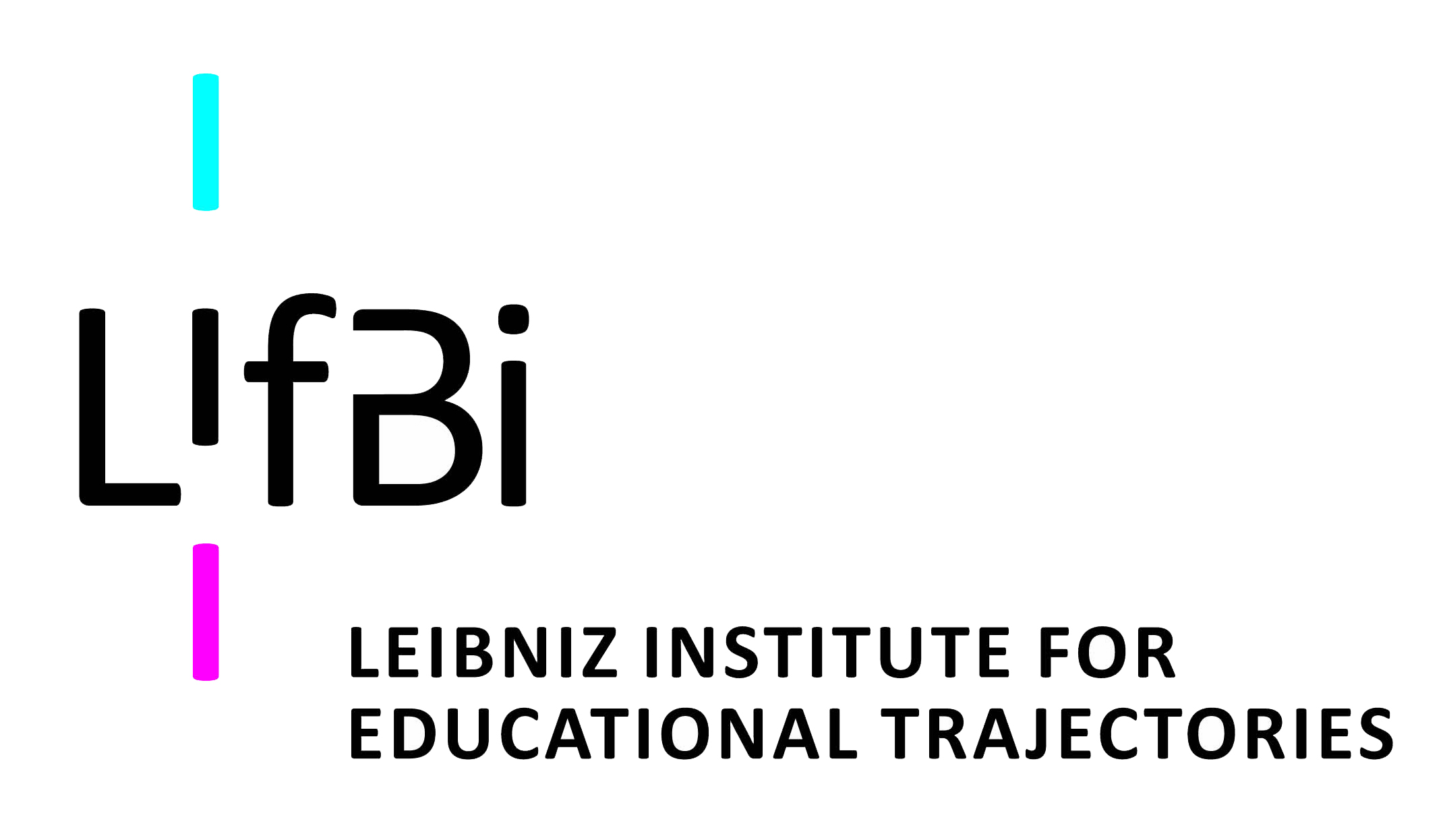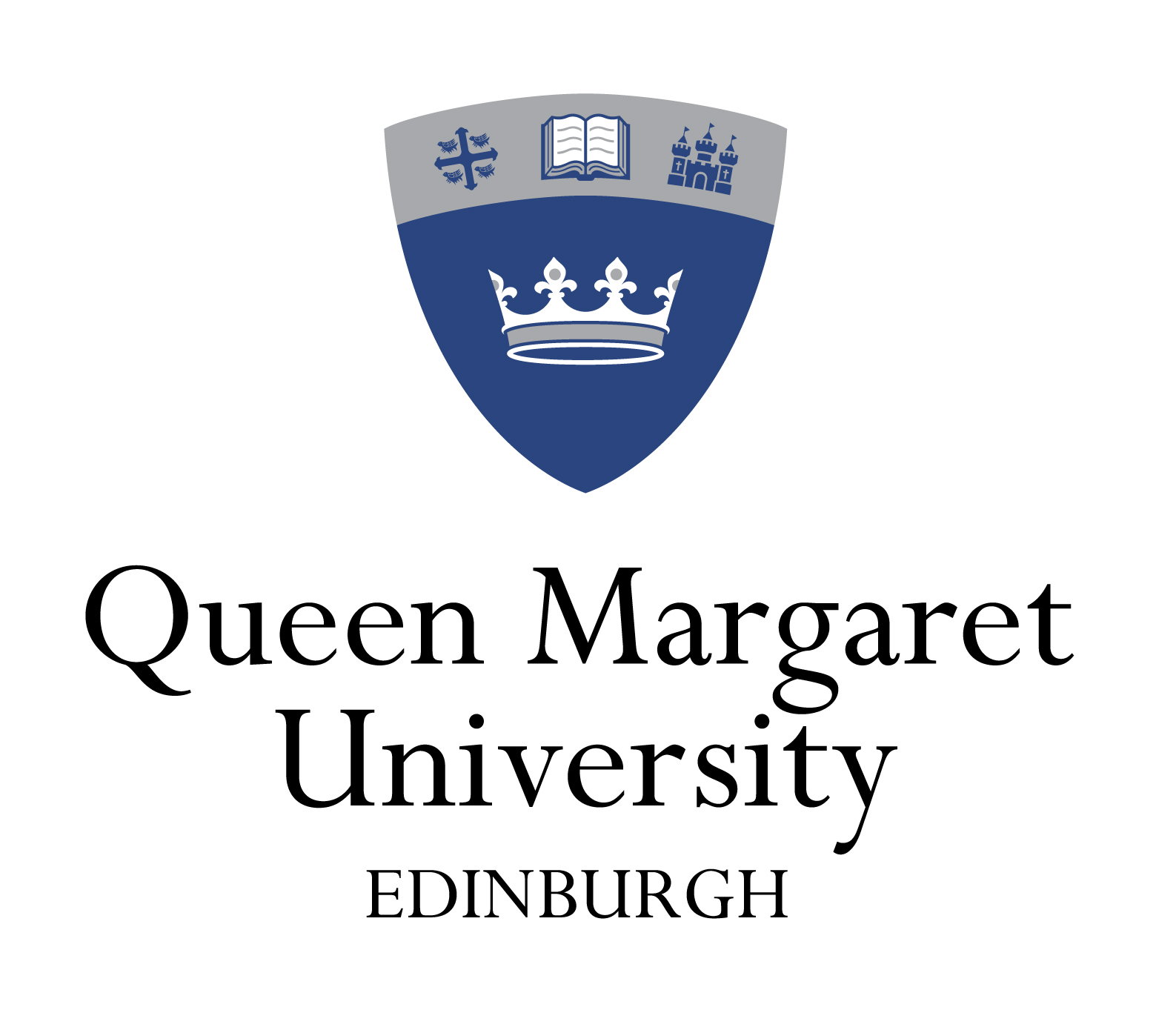News, Blogs & Events
SLLS Conference - Wei Huang
Benjamin Edwards—associated professor from Australian National University—organised this workshop. Researchers from Germany, Australia, Canada, Austria and the UK made contribution to each presentation using refugee datasets. Ben proposed further cooperation cross countries, e.g. writing a book together, arrange a symposium on refugees worldwide in SLLS next year. Detailed opinions/questions were exchanged between and after each presentation. Workshop is structure-organized and could be followed easily. An overview of the refugee research in different countries (incl. data collection, follow up, and analyses) can be captured after this full-day workshop. Below are some information on datasets in each countries.
In Australia—Building a New Life in Australia (BNLA): a large-scale longitudinal study of humanitarian migrants (well-being) in Australia and their settlement journey (experience), over five years, from 2013 until 2018. In order to identify potential study participants, the settlement Database was used. It focuses on their participation in society, their general health and happiness and investigating factors that may facilitate positive outcomes. To help inform policy, it collects information about use and availability of support. Data are available to approved users.
In Canada—using registered data conducted a comparison study between refugees in Canada and Australia with the focus of children’s well-being (measured through AEDC—5-EDI domain, e.g. behaviour, physical development).
In Lebanon—BIOPATH: Biological Pathways of Risk and Resilience in Syrian Refugee Children – aims to understand how environmental and biological factors interact to influence the extent to which children develop mental health problems or show resilience following war and displacement. Data were collected in refugee camps. Further information seehttps://odihpn.org/magazine/mental-health-research-among-syrian-refugees-in-lebanon-challenges-and-solutions/. This dataset is not open to everyone, but the team members are happy with collaboration.
In Germany
1) IAB-BAMF-SOPE Survey
2) ReGes – two cohorts (young children cohort: 4-9 years; adolescent cohort: 14-16 years) were collected through LIfBi. Data will be available in 2021. First analyse using ReGes is available.
3) Wellcome: investigates the social context and health of young Syrian migrants on their arrival (in 2015)
In Austria—FIMAS: Austrian refugee surveys has a particular emphasis on refugees in Austrian labor market, with the background that refugees in Austria are allowed to join the DUAL-system for vocational training. https://www.zsi.at/de/object/project/4109
Last modified: Wed, 16 Oct 2019 10:59:09 BST





